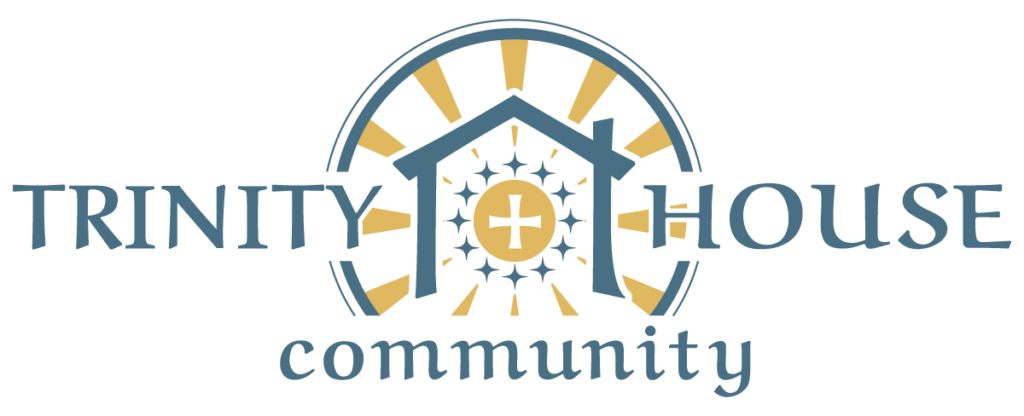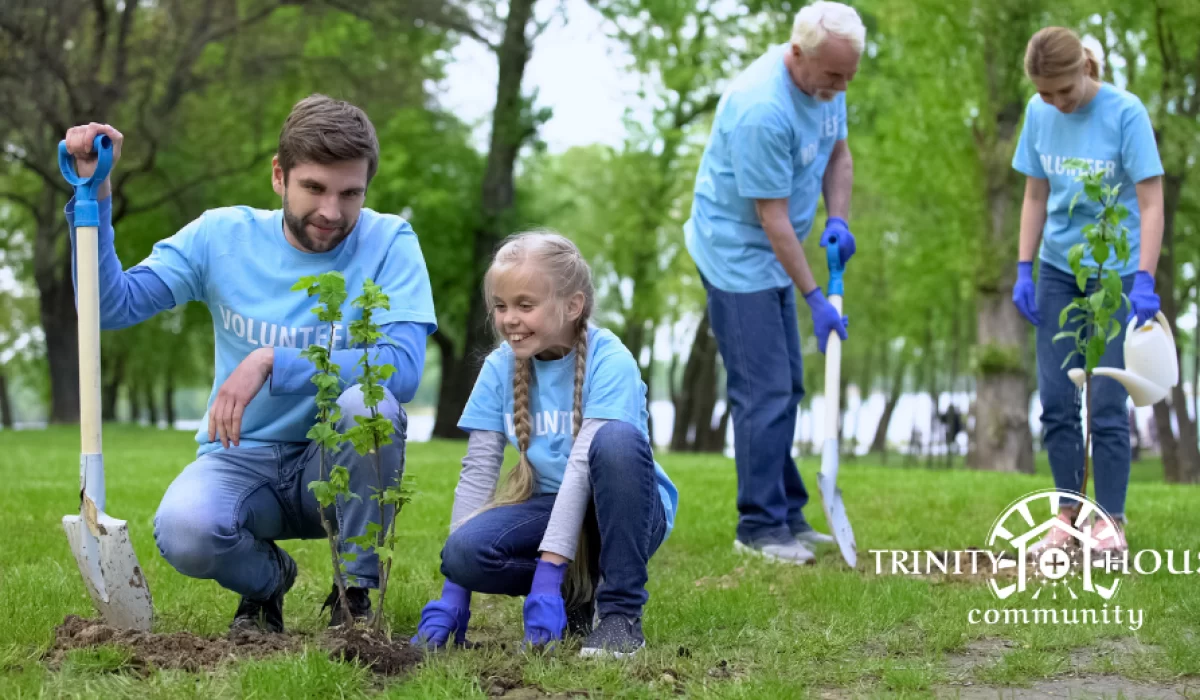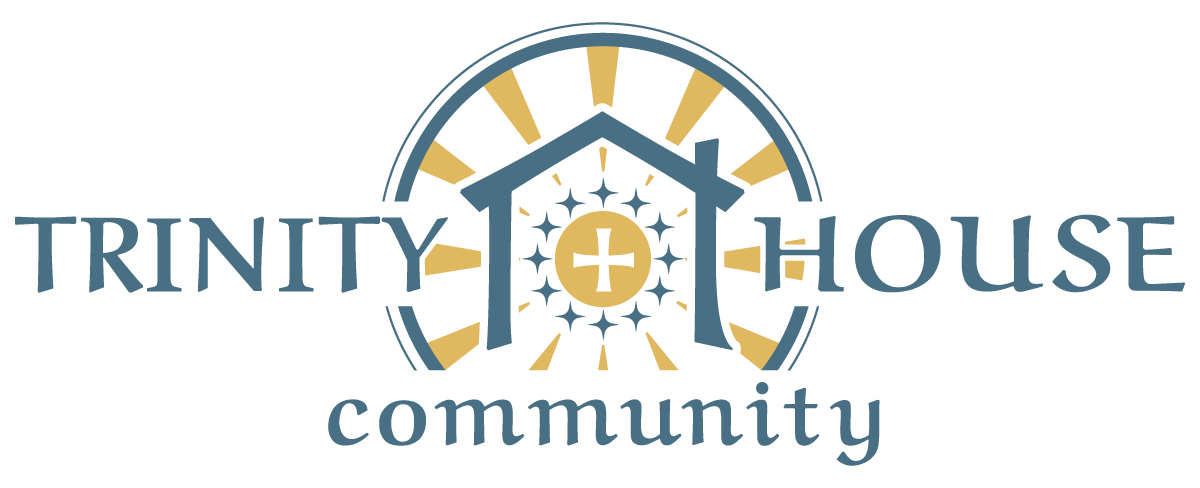We all can’t help but be a little fixated on politics lately. But it’s also a great moment to step back and look at the bigger picture.
In the 4th week of the month, we focus on family culture, and now—a week after the inauguration and on the cusp of another year our kids will be looking back on for decades to come—is a fitting time to ask: how does our family culture relate to the civic and political mess we see around us?
To begin, let’s recall that marriage and family are upstream from politics. The family is prior to the state. St. John Paul II pointed to the family’s primacy (over politics, economics, etc.) when he said, “The future of humanity passes by way of the family.” To be blunt: family culture has a more fundamental influence on what society looks like than anything that politicians do.
But to grasp why the future passes by way of the family and not by way of Capitol Hill or the White House, we need to unpack the very word “culture.” “The word cultus in Latin,” Benedictine Fr. Cassian Folsom explains, “comes from the verb colere, which means ‘to care for, guard, protect.’” He continues, “From this root grow two branches of meaning: first, to care for a field or a garden, and hence, to cultivate; second, to care for the gods, to protect the places where they are venerated, to guard their temples, and hence, to worship.”
Yes, “cult” has a bad ring to our ears today, but the point is this: what families cultivate and worship in their homes is what creates our greater societal culture. If families cultivate faith-filled homes where grace enables children to be formed in the virtues, our families will be able to responsibly and civilly engage in our neighborhoods and communities.
But if instead families turn away from the hard work of forming children in virtue, preferring instead to worship ease and entertainment, individuals and our society will gradually lose their ability to solve tough problems. Should we be surprised by the resulting mess? At such moments, it’s easy to fixate on what politicians have done wrong, but what we should be focusing on is how our own disengagement creates a vacuum.
Lately, we’ve been trying to steer the political curiosity and energy among our five kids in three general ways, which we’ll share in case they’re helpful:
- We pray consistently for our public officials. During family prayer times, we bring up our leaders in the intentions so that our kids get used to praying for our country.
- We look for teaching moments from the day’s news. We don’t always have the energy, but we try to use the news to weave in little teaching moments on the key Christlike principles we hope they’ll carry with them through life: attention to the dignity of the individual person as well as to the common good.
- We participate with our children in the public square. We do this most concretely at Trinity House Cafe, where we serve the public through a ministry of hospitality.
Whatever your political convictions, these have been trying months. Many a family has become bitterly divided over politics. But take heart! We are called to preserve our hope and joy in daily service to the Lord—in our marriage, family, neighborhoods and broader communities.
And if we are parents, the most necessary response to our nation’s cultural mess is to form our children in virtue and lead them to engage responsibly and civilly in our communities. After all, the future of humanity will pass by way of your family.
Heaven In Your Home Toolkit
“Revitalizing Western society cannot bypass the family. When family life and values are debased, then society becomes corrupt,” writes Fr. J. Michael Miller in “Revitalizing Society Through the Family: Vision of John Paul II.” “If the family is strong, self-confident and respectful of human dignity and work, solidarity and subsidiarity, then social-political life will be enriched and society will flourish.”
If you haven’t already read Josef Pieper’s Leisure: The Basis of Culture (Amazon, $15), consider adding it to your library. We’ve both benefited from how Pieper links the deep roots of culture with worship and the family.
To better understand the role of the family, we’d recommend St. John Paul II’s On the Role of the Family in the Modern World.
“It is above all the lay faithful’s duty,” we read in St. John Paul II’s Vocation and Ministry of the Lay Faithful (Christifideles Laici, 40), “in the apostolate to make the family aware of its identity as the primary social nucleus, and its basic role in society, so that it might itself become always a more active and responsible place for proper growth and proper participation in social life.”
Testimonial
 “Soren and Ever Johnson’s Heaven in Your Home Workshop is excellent. This workshop provides a wonderful opportunity for parents and others to come together to reflect upon their calling and learn specific and helpful tips for keeping God as the central focus in our lives and homes. One of the most beneficial parts of this workshop is the ample opportunity to share and learn from the other parents in attendance the various ways that they integrate faith formation into their family life.”
“Soren and Ever Johnson’s Heaven in Your Home Workshop is excellent. This workshop provides a wonderful opportunity for parents and others to come together to reflect upon their calling and learn specific and helpful tips for keeping God as the central focus in our lives and homes. One of the most beneficial parts of this workshop is the ample opportunity to share and learn from the other parents in attendance the various ways that they integrate faith formation into their family life.”
For peace in our nation; for all elected officials; for law enforcement and all those working to maintain order and public safety;
For safety and healing for all those impacted by COVID-19, and for all medical personnel;
For the ministry of Trinity House Community, including the staff of Trinity House Cafe, and all individuals and families who are seeking to reflect the life of the Trinity in their homes.

Soren & Ever Johnson
Founders & Directors
Trinity House Community
Making Home a Little Taste of Heaven




